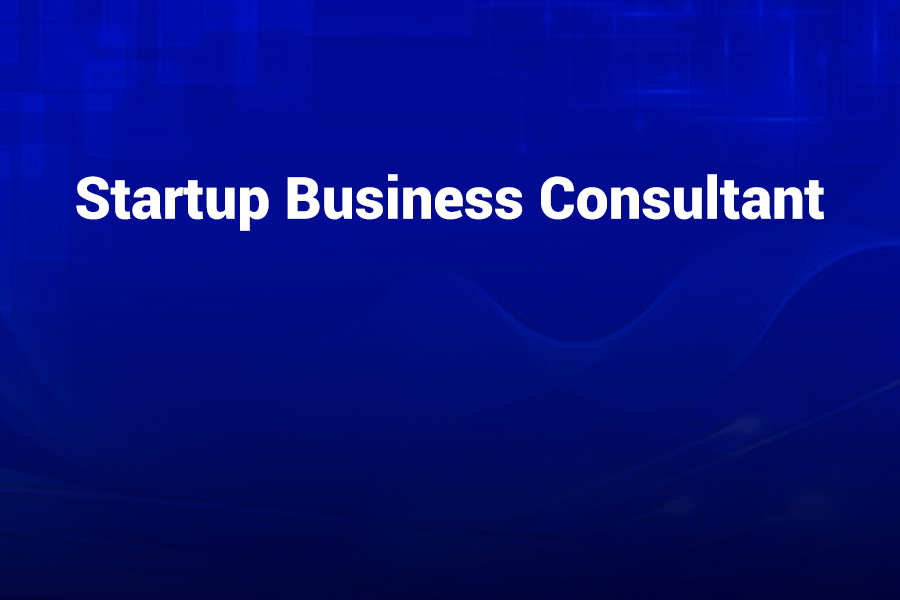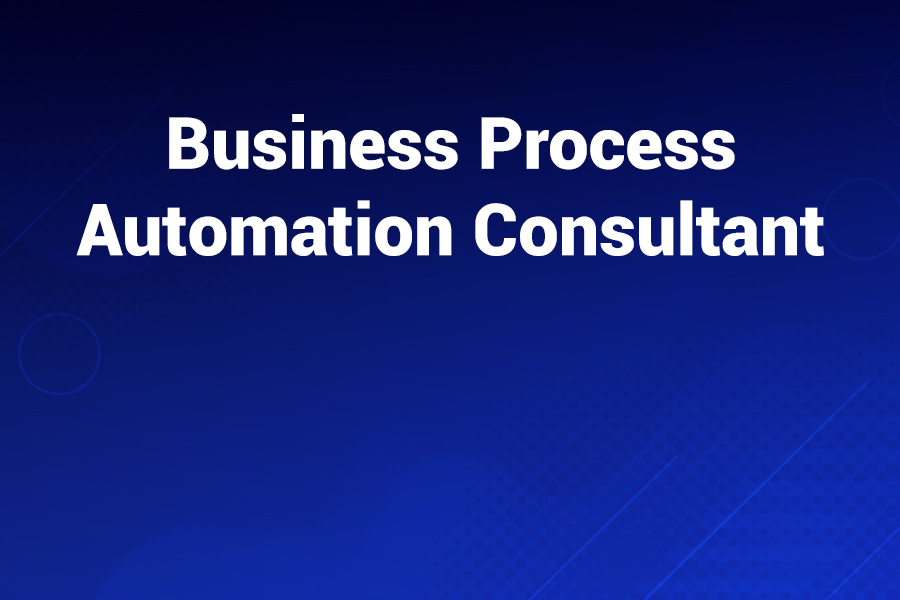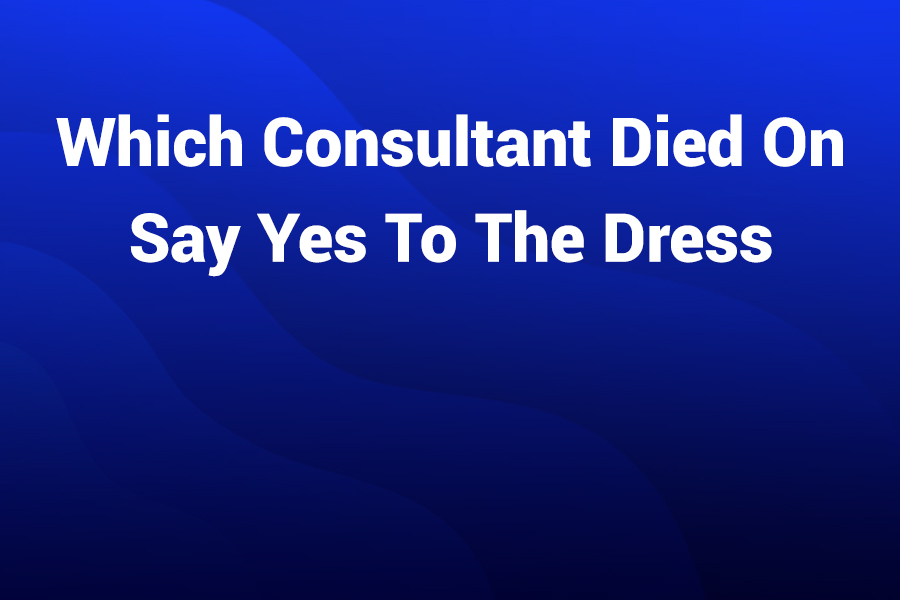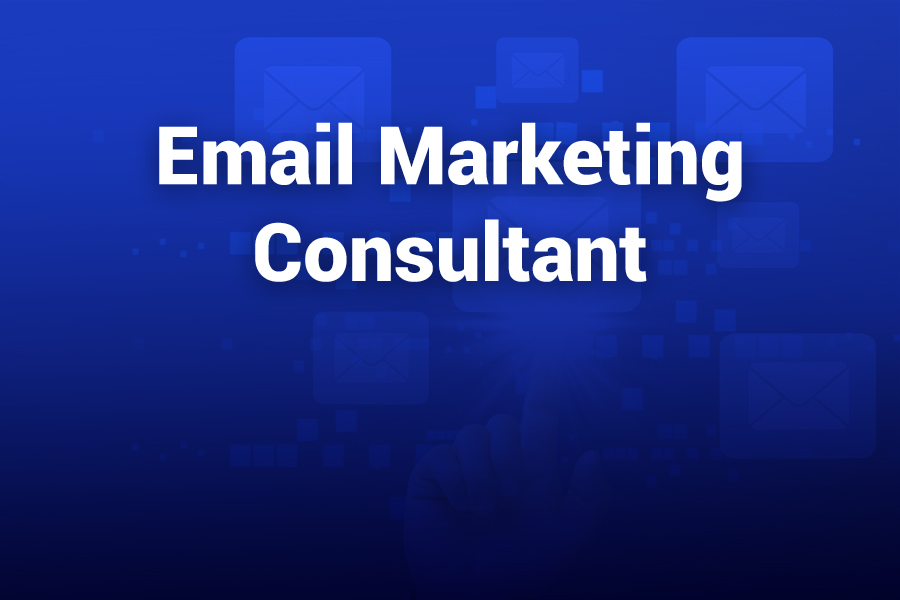- Home
- Services
- PedroVazPaulo Coaching
- PedroVazPaulo Marketing Consulting
- PedroVazPaulo Real Estate Investment Consulting
- PedroVazPaulo Operations Consulting
- PedroVazPaulo Entrepreneur Support
- Pedro Paulo Business Consultant
- PedroVazPaulo Executive Coaching
- PedroVazPaulo Business Consultant
- PedroVazPaulo Strategy Consulting
- PedroVazPaulo Wealth Investment Consulting
- Blog
- About
- Contact
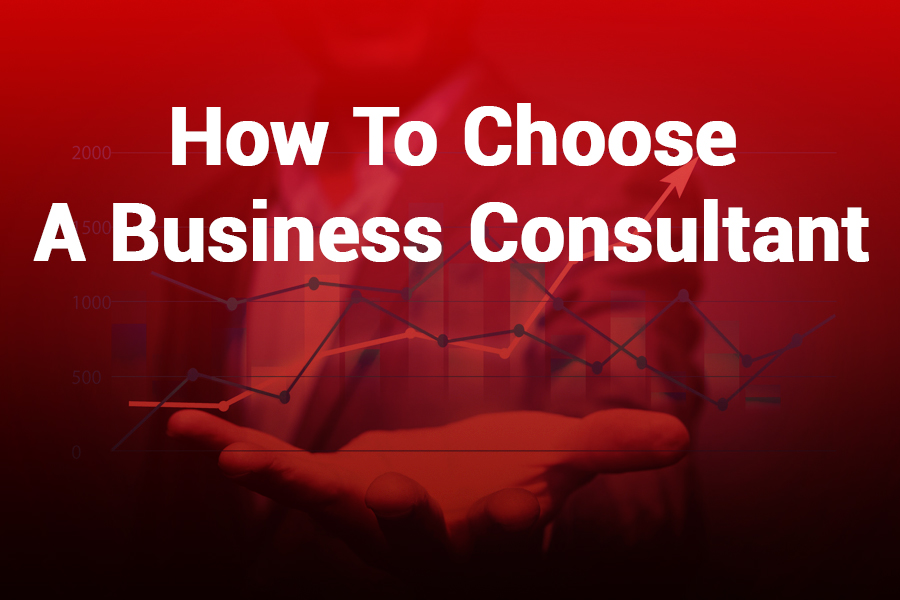
Choosing the right business consultant is one of the most critical decisions you’ll make as a business owner. A consultant can be a game-changer for your company, helping you optimize operations, improve profitability, and develop growth strategies. However, selecting the wrong consultant can be a costly mistake that may lead to wasted time and resources.
So, how do you choose the right business consultant? In this guide, we’ll walk you through the key factors to consider, the types of consultants available, and how to make an informed decision to ensure you get the best results for your business.
Why Should You Hire a Business Consultant?
Before we dive into how to choose the right consultant, let’s briefly discuss why you might need one. Business consultants can help you in various ways, including:
- Improving efficiency in operations
- Developing strategic plans for growth
- Optimizing marketing strategies to increase customer acquisition
- Analyzing financial performance and improving profitability
- Navigating business challenges such as scaling, product development, or market entry
Ultimately, hiring a consultant allows you to tap into expertise that might not be available in-house, helping you make better-informed decisions, mitigate risks, and achieve your business goals faster.
Step 1: Identify Your Business Needs
Before you start searching for a consultant, you need to clearly understand what your business needs. Business consultants specialize in different areas, so knowing the specific challenges you’re facing will help you narrow down your options. Some key areas where consultants offer expertise include:
1.1. Strategy Consulting
If your business needs to define or refine its long-term vision, market positioning, or overall strategy, a strategy consultant is what you need. They can help you evaluate your business model, analyze market opportunities, and develop a roadmap for success.
1.2. Marketing Consulting
Marketing consultants specialize in crafting and executing strategies to boost brand visibility, attract customers, and drive revenue. If your business struggles with attracting customers or standing out in a competitive market, a marketing consultant will help you design campaigns that engage and convert.
1.3. Financial Consulting
A financial consultant can help optimize your business’s financial health. From budgeting and forecasting to financial analysis and risk management, a financial consultant can give you the clarity you need to manage cash flow and grow profitably.
1.4. Operations Consulting
If your business is struggling with inefficiencies, high costs, or poor processes, operations consultants are experts at streamlining workflows and improving efficiency. They analyze your operations, identify bottlenecks, and help you implement systems to save time and money.
1.5. HR and Organizational Development
Human resources and organizational consultants focus on optimizing employee performance, creating organizational structures, and improving workplace culture. If you’re experiencing high turnover, low employee morale, or inefficiency, these consultants can help you foster a positive and productive environment.
Step 2: Understand the Different Types of Business Consultants
Business consultants vary in terms of their specialization, experience, and approach. To find the best fit for your needs, it’s important to understand the different types of consultants available:
2.1. Independent Consultants
Independent consultants work on a freelance basis and often bring a wealth of experience from various industries. While they may not have the same resources as larger consulting firms, they often offer personalized services at a more affordable price.
2.2. Consulting Firms
Consulting firms are larger organizations with teams of experts who specialize in various areas of business. While they often come with a higher price tag, consulting firms bring resources, extensive experience, and a structured approach to solving business challenges.
2.3. Niche Experts
Some consultants specialize in very specific industries or types of consulting. If your business operates in a specialized field, such as healthcare, technology, or manufacturing, you might want to work with a consultant who has experience in your industry. Niche experts offer tailored advice that accounts for the unique challenges of your sector.
2.4. Generalist Consultants
Generalist consultants have experience in various aspects of business, from operations to marketing. They’re ideal for businesses that need broad, strategic advice or are still figuring out the specific areas that need attention. Generalists can provide holistic recommendations but may lack deep expertise in certain areas.
Step 3: Evaluate Experience and Expertise
Once you’ve narrowed down your search based on your business needs, the next step is to evaluate the experience and expertise of potential consultants. The right consultant should have relevant experience in the specific area you need help with.
3.1. Industry Experience
It’s essential to find a consultant who has experience in your specific industry. While many business principles apply across different sectors, industry-specific challenges require specialized knowledge. An experienced consultant will understand the nuances of your industry, including market trends, regulations, and customer behavior.
3.2. Track Record and Case Studies
Look for a consultant who can demonstrate a proven track record of success. A good consultant will provide case studies or examples of businesses they’ve worked with in the past, showing how they helped clients achieve measurable results.
3.3. Reputation and References
Check the consultant’s reputation online through client testimonials, reviews, and LinkedIn recommendations. Ask for references and speak with previous clients about their experience working with the consultant. This will give you insight into their work ethic, communication skills, and ability to deliver results.
Step 4: Assess the Consultant’s Approach
Every consultant has their approach to problem-solving. It’s important to find one whose methodology aligns with your business style and values.
4.1. Tailored Solutions vs. Standard Packages
Some consultants offer one-size-fits-all solutions, while others tailor their services to meet the specific needs of each client. It’s generally a good idea to work with a consultant who takes the time to understand your business and develops custom solutions rather than offering a generic approach.
4.2. Communication Style
Consultants should be able to clearly communicate their ideas and strategies. During the interview process, assess whether the consultant can explain complex concepts in simple terms. Open and honest communication is key to ensuring a successful collaboration.
4.3. Collaborative Mindset
A consultant should act as a partner, not just an advisor. They should be willing to work closely with your team, share knowledge, and empower your employees rather than simply telling them what to do. Collaboration ensures that the changes you implement will be sustainable in the long run.
Step 5: Set Clear Expectations and Terms
Before hiring a business consultant, it’s essential to set clear expectations and agree on the terms of the engagement. This ensures that both parties are aligned on goals, timelines, and deliverables.
5.1. Define the Scope of Work
Clearly outline the specific areas the consultant will focus on. Whether it’s marketing, operations, financial planning, or a combination of these, defining the scope will prevent misunderstandings and help ensure the consultant delivers exactly what your business needs.
5.2. Budget and Payment Terms
Consulting fees vary widely depending on the consultant’s experience, the type of services provided, and the length of the engagement. It’s important to set a budget and agree on payment terms upfront. Some consultants charge hourly rates, while others work on a project basis or retainer.
5.3. Timeline and Deliverables
Agree on a timeline for the project, including deadlines for milestones and final deliverables. Make sure that you have a clear understanding of the consultant’s role throughout the process and when you can expect results.
Step 6: Measure Success and Results
The final step in choosing a business consultant is ensuring that you are achieving the desired results. A successful consulting engagement should lead to measurable improvements in your business.
6.1. Establish KPIs
Work with the consultant to establish clear Key Performance Indicators (KPIs) that will allow you to track the success of the engagement. These could include financial metrics, efficiency improvements, customer satisfaction scores, or market share growth.
6.2. Regular Check-Ins
Schedule regular check-ins with the consultant to assess progress and make any necessary adjustments. This will ensure that the consultant stays on track and that you’re seeing tangible results.
6.3. Long-Term Sustainability
Ultimately, the goal of hiring a business consultant is to make your business more successful in the long term. A great consultant will empower your team to continue implementing changes long after the engagement ends.
Conclusion: How to Choose a Business Consultant
Choosing the right business consultant can have a profound impact on your company’s success. By identifying your business needs, evaluating potential consultants based on their experience and approach, and setting clear expectations, you’ll be able to find the consultant who’s the best fit for your business. Whether you need help with strategy, marketing, operations, or any other area, the right consultant can guide you to new levels of growth and success.
Remember, the consultant you choose should not only bring expertise to the table but also work as a partner who is invested in your business’s long-term success.
Frequently Asked Questions (FAQs)
1. How much do business consultants charge?
Consultants typically charge between $100 and $500 per hour, depending on their experience, expertise, and the scope of the project. Rates may vary by industry and location.
2. How do I know if I need a business consultant?
If your business is facing specific challenges that require expertise outside your core capabilities, or if you’re looking to improve efficiency and scale, hiring a consultant can provide valuable insights and solutions.
3. Can a business consultant help my business grow?
Yes, a skilled business consultant can help identify growth opportunities, optimize business processes, and implement strategies that drive long-term success.



